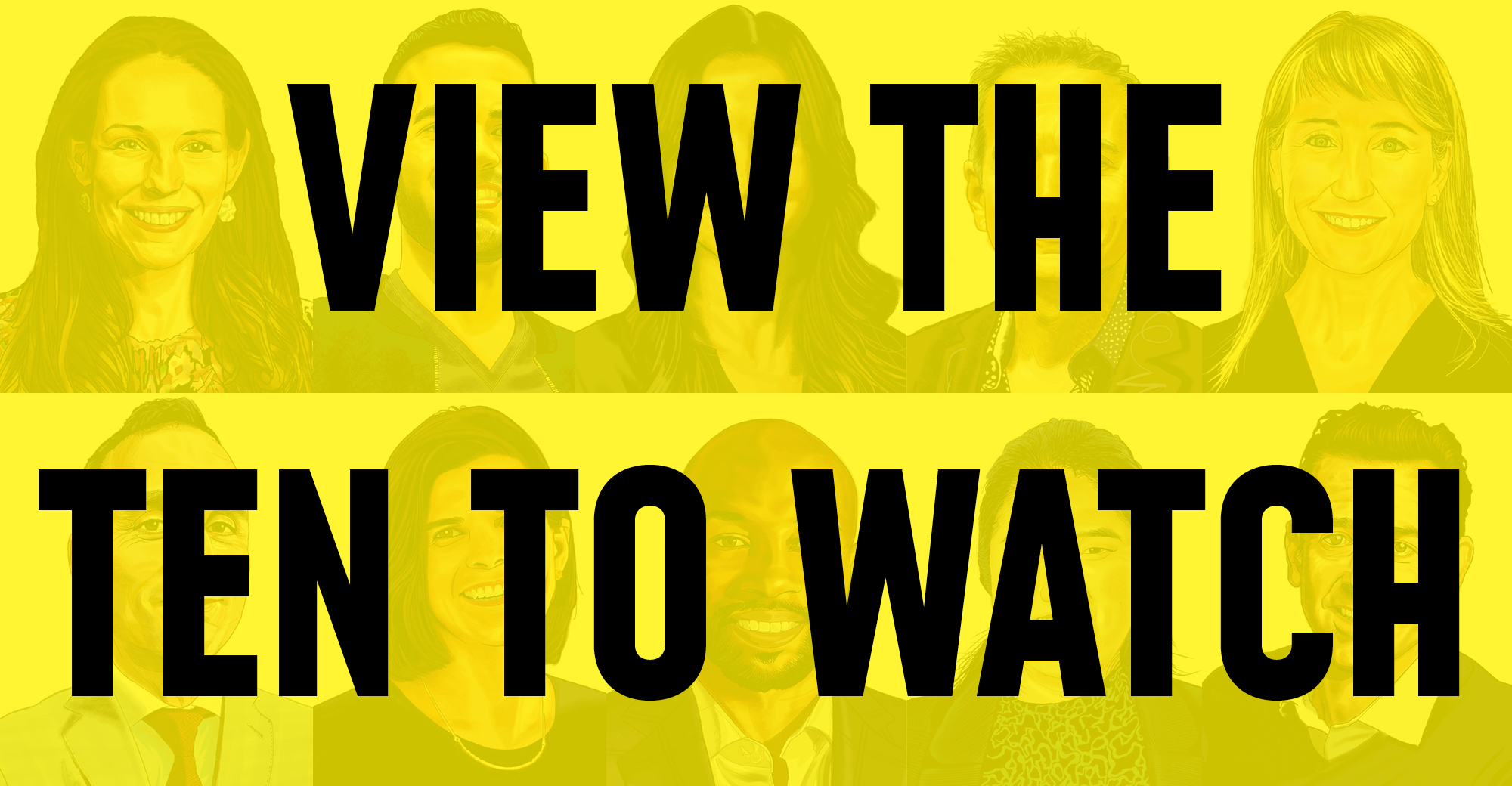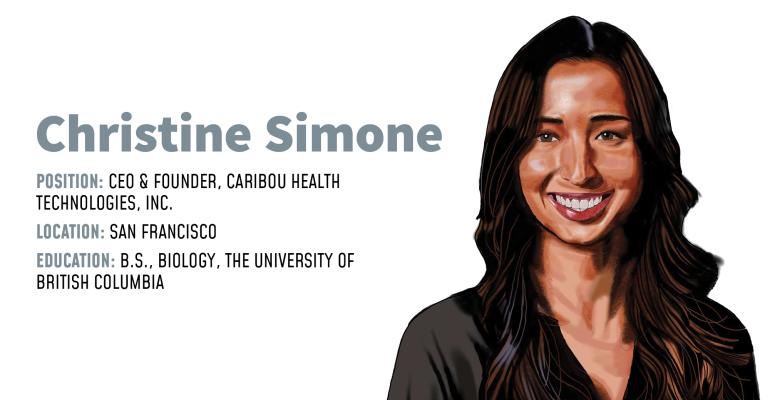A recent story in The New York Times pointed out that wealthy countries around the world are struggling to provide health and long-term care for their rapidly aging populations.
According to data from the Organization for Economic Cooperation and Development cited in the story, the U.S. ranks 16th out of 20 nations in terms of the proportion of its GDP spent on long-term care—meaning that most developed countries spend more than us through government funding or insurance that individuals are legally required to obtain.
 The Netherlands spends four times as much, while neighboring Canada spends almost twice as much as the U.S. And in several countries ahead of the U.S., citizens are protected from exhausting all their income or wealth paying for long-term care.
The Netherlands spends four times as much, while neighboring Canada spends almost twice as much as the U.S. And in several countries ahead of the U.S., citizens are protected from exhausting all their income or wealth paying for long-term care.
We, as citizens, are largely on our own.
It’s a problem that Caribou founder and CEO Christine Simone knows all too well.
“Healthcare costs remain the no. 1 reason for bankruptcies,” she said of the state of affairs in the US.
“Only 17% of advisors report feeling very confident in discussing healthcare with their clients,” Simone said, citing survey data from Nationwide Insurance. “I think that percentage is actually inflated; and while I don’t think an advisor’s job is supposed to make them experts in healthcare—just like accounting or estate planning—given the right tools they can still be of great help to their clients.”
And that is where Caribou’s cloud-based healthcare planning software for financial advisors—called HealthPlanner—comes in. Asked about the name, she said that the animal has the longest migration of any land mammal, and those leading serve as guides to the rest of the herd.
Advisors to date have lacked a good resource for making healthcare coverage decisions, she said, including the major financial planning software providers eMoney Advisor, Envestnet | MoneyguidePro and others.
She said that two factors have made the application increasingly popular, its objectivity—the company charges on a flat fee, per household basis working with advisors or their end clients—and that it works with both those who are under 65 and planning for retirement and those 65 and older clients already in retirement.
“Our platform is technology-oriented, not a mom and pop insurance agency or office,” she said “and 85% of the clients we work with are nearing or in retirement so they don’t have an employment plan any longer, we are seeing people aging into the market place.”
She added that fall is the busiest time of the year for the firm because of open enrollment periods for most healthcare plans. “The volume of customers is up six or seven times the volume of what it was last year,” she said, noting that Caribou remained a lean shop of eight since we had last spoken about eight months before.
Improvements made to the platform in terms of look, feel and efficiency (many of them driven by advisor suggestions) allowed her team to handle the growing client load.
“We have gotten a lot of positive feedback on it from repeat advisors and [end] clients,” she said, and that is rewarding.”
Asked about something that has shocked her, Simone was quick to point out an event that had occurred that morning.
“An advisor and her client are considering two different COBRA offerings upon exiting a job and the advisor calls to say, ‘I think I’ll steer them to the most expensive, but wanted to run it by you first,’” she said, explaining that she next used her platform to research both choices only to find that the most expensive was set to expire just three months into the new year, necessitating going on the market for insurance again.
“Advisors often have very surface-y responses initially, responses that are not getting to the core of the decisions they could make—and I know it is an uncomfortable topic area but I tell them that if they can apply the experience they have had in estate planning or other sensitive areas it helps them have these potentially difficult or uncomfortable discussions,” she said, stressing that insurance considerations and meeting current and future healthcare needs remain top concerns people have when they transition into retirement.
“I had a client, a veteran businesses executive, tell me yesterday: ‘I’m financially literate and losing my healthcare is like jumping off a cliff.’”

